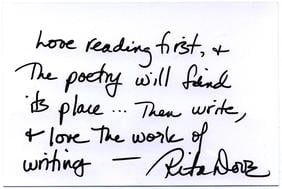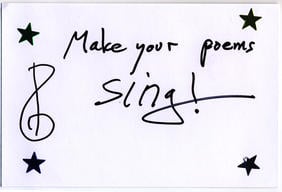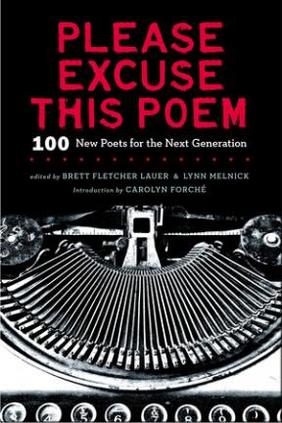Recommended Reading from Seven Academy Chancellors
We asked our Chancellors what books they’d recommend reading. Seven Chancellors—Toi Derricotte, Marilyn Hacker, Juan Felipe Herrera, Edward Hirsch, Marilyn Nelson, Naomi Shihab Nye, Arthur Sze—each chose two books of poems, a volume often revisited for continuous inspiration and another beloved book more readers should know about.
"The book I return to is Li-Young Lee’s The City in Which I Love You. The unfamiliar leaps, the dream-soaked realities of a “wanderer’s heart,” the revisions of memory, the illuminations on the demolished crossings of nation and self to the upper trigrams of sensual becoming and the knife-sharp divinities of being; all this, all the whispered line-work—takes me back to Lee’s pages." —Juan Felipe Herrera
read more
Recommended Reading from Other Renowned Poets Past and Present
We asked a number of poets, including previous Chancellors of the Academy of American Poets, to list a few poetry books that they would recommend to others. The selections that came in include influential volumes, books returned to over and over, must-reads, and books frequently recommended to students or new poetry readers.
Ai recommended:
Galway Kinnell
Body Rags (2002, Mariner Books Reissue)
Galway Kinnell
The Book of Nightmares (1973, Mariner Books)
W. S. Merwin
The Lice (1993, Copper Canyon Press Reissue)
Cesare Pavese
Hard Labor (1979, Johns Hopkins University Press)
James Wright
Shall We Gather at the River (1968, University Press of
New England)
Sylvia Plath
Ariel (2004, HarperCollins Restored Edition)
Allen Ginsberg
Howl (1956, City Lights Books)
read more













